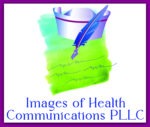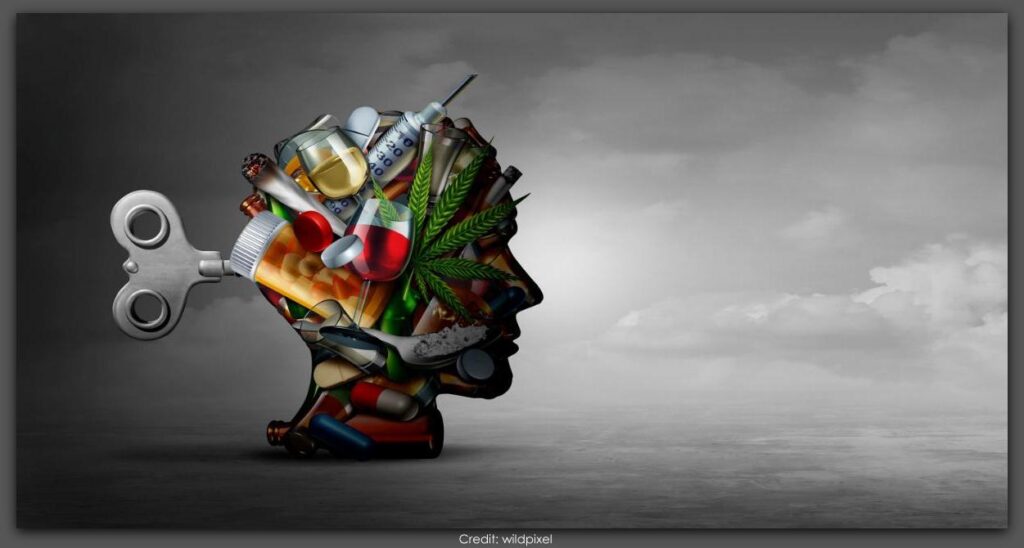The Reward System of the Brain

Welcome to Insights! Please enjoy the articles created specifically for Soul’s Harbor and provided on a monthly basis. You may expect health related articles with a focus on addiction and recovery.
 The Reward System of the Brain
The Reward System of the Brain
Several addicts were asked why they take drugs. One reply, “It is one of the most intense, orgasmic, and amazing experiences I’ve ever had.” Another reply, “It is better than the best Saturday night I ever had.”
The effects of drugs can vary according to the drug. Drugs can make us feel good, even wonderful. These drugs are divided into 10 different classes that have different, although not completely distinct, pharmacologic mechanisms. The classes of drugs include1:
-
- Alcohol
- Caffeine
- Cannabis and synthetic cannabinoids
- Hallucinogens (e.g., LSD, phencyclidine, psilocybin, methylenedioxy, methamphetamine [MDMA])
- Inhalants [volatile hydrocarbons] (e.g., paint thinner, certain glues)
- Opioids (e.g., fentanyl, morphine, oxycodone)
- Sedative, hypnotics, and anxiolytics (e.g., lorazepam, secobarbital)
- Stimulants (e.g., amphetamines, cocaine)
- Tobacco
- Other (e.g., anabolic steroids)
This classification is not based on whether a drug is legal (e.g., alcohol, caffeine), illegal (e.g., hallucinogens), or available by prescription (e.g., morphine, lorazepam).1
As previously noted, the brain is a very complex organ. Drugs interfere with the way the neurons send, receive, and process signals through the neurotransmitters. Drug addiction may be regarded as the disease of the brain reward system.²
Addictive drugs distort neurotransmission by mimicking or sometimes blocking neurotransmitters in uncontrolled ways. This means the brain itself does not have any mechanism to regulate and control the drugs or what they are doing.
Because abused drugs in the brain are in fact chemical signals, they are like neurotransmitters.³
However, their actions are very different from neurotransmitters. The brain and neurotransmitters have co-evolved over eons of time, and they co-exist.
Drugs of abuse enter the brain and affect neurotransmission, but the brain does not have ways to handle or end the actions of the drugs. Drug levels in the brain are under the control of the drug taker and not regulated. The drugs create utter chaos!
“I used to be able to stop, but now, if I don’t have the stuff, I go crazy. They say it’s in my head, my brain. Somehow, it’s changed…”
This person is correct! The brain has changed.
It bears repeating, drugs act like neurotransmitters, but yet have very different time courses, different regional effects, and different effects at various receptors. All of this happens at the same time! No wonder drugs change the brain and our behavior. Dopamine is made by your body. Your nervous system uses it to send messages between nerve cells. That’s why it’s sometimes called a chemical messenger (neurotransmitter). Dopamine plays a role in how we feel pleasure. It’s a big part of our ability to think and plan. It helps us strive, focus and find things interesting. Drugs, such as cocaine, can cause a quick increase of dopamine in your brain. This satisfies your natural reward system in a big way.⁴ But repeated drug use also raises the threshold for this kind of pleasure. The addict needs to take more and more to get the same high. Meanwhile, drugs make your body less able to produce dopamine naturally. This leads to emotional lows when you are sober. ⁴ The dopamine transporter is the cocaine receptor for self-administration and addiction. Alcohol, cannabinoids, nicotine and other addicting drugs increase dopamine release.5-9 What does dopamine do? Scientists struggle with what dopamine does. It has been said that dopamine is associated with pleasure or reward. While it looks that way, initially, brain imaging studies in humans, for example, have associated dopamine levels with the high and euphoria produced by the drug.10 Dopamine is not just there for pleasure. Addicts are not in a constant state of pleasure and animal studies show that levels of dopamine increase in the face of fear.11 The Power of Drugs What makes drugs so powerful that they lead to cheating, lying, and stealing from loved ones? The addict gives up friends and careers. It seems some even die years before their time. Why does this happen? The nucleus accumbens is the brain’s reward center. It is considered the neutral interface between motivation and action, playing a key role on feeding, sexual, reward, stress-related, and drug self-administration behaviors, etc.12 Drug addiction is a powerful brain disorder that can drive our behavior despite personal distress and negative consequences. The brain’s inability to control drugs contributes to their power. Drugs overpower the brain. The drugs act in the parts of the brain that are strong controllers of our behavior. These parts contain neurotransmitters and circuits that affect personal and species survival. Once again, these are the circuits associated with feeding, sex and other important life-sustaining processes. References:

Cynthia Blair RN MA–November 2023
For information regarding intake/admission into our recovery facility, please contact:
Dispatch Representative
Soul’s Harbor, Inc.
13134 Nile Drive
Dallas, Texas 75253
972.286.1940
972.286.5282 Fax
Soul’s Harbor Substance Abuse Program Questions and Intake
Please contact our intake Manager
Cell number 214-663-9684
contact@soulsharbordallas.org
New Online Donation Processing:
Soul’s Harbor, Inc.
13134 Nile Drive
Dallas, Texas 75253
972.286.1940
972.286.5282 Fax
donate@soulsharbordallas.org
Soul’s Harbor can now provide the convenience of taking your donation request online. Just follow the link to our online “Household Donation Request Form”. We are also now taking vehicle donations and have an online donation processing form for this too. “Vehicle Donation Request Form”
To help Soul’s Harbor financially you can donate by clicking the donate button.